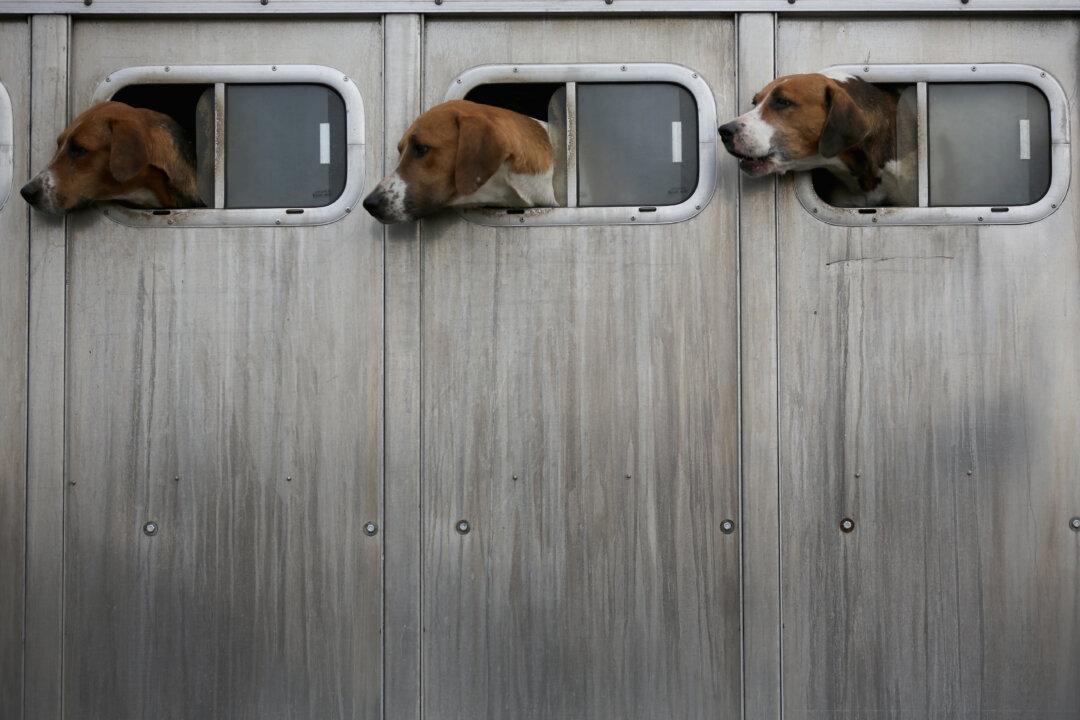The largest steelworks in Britain is anticipated to cut around 3,000 jobs, as it seeks to ‘decarbonize’ its operations.
Tata Steel, which employs 8,000 individuals across the UK, is poised to shift its operations from traditional blast furnaces to greener technology at its Port Talbot mill.





